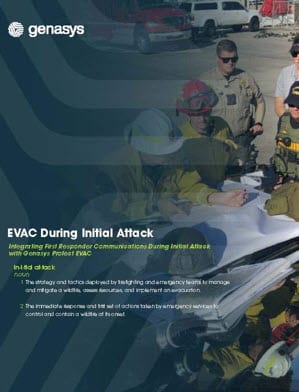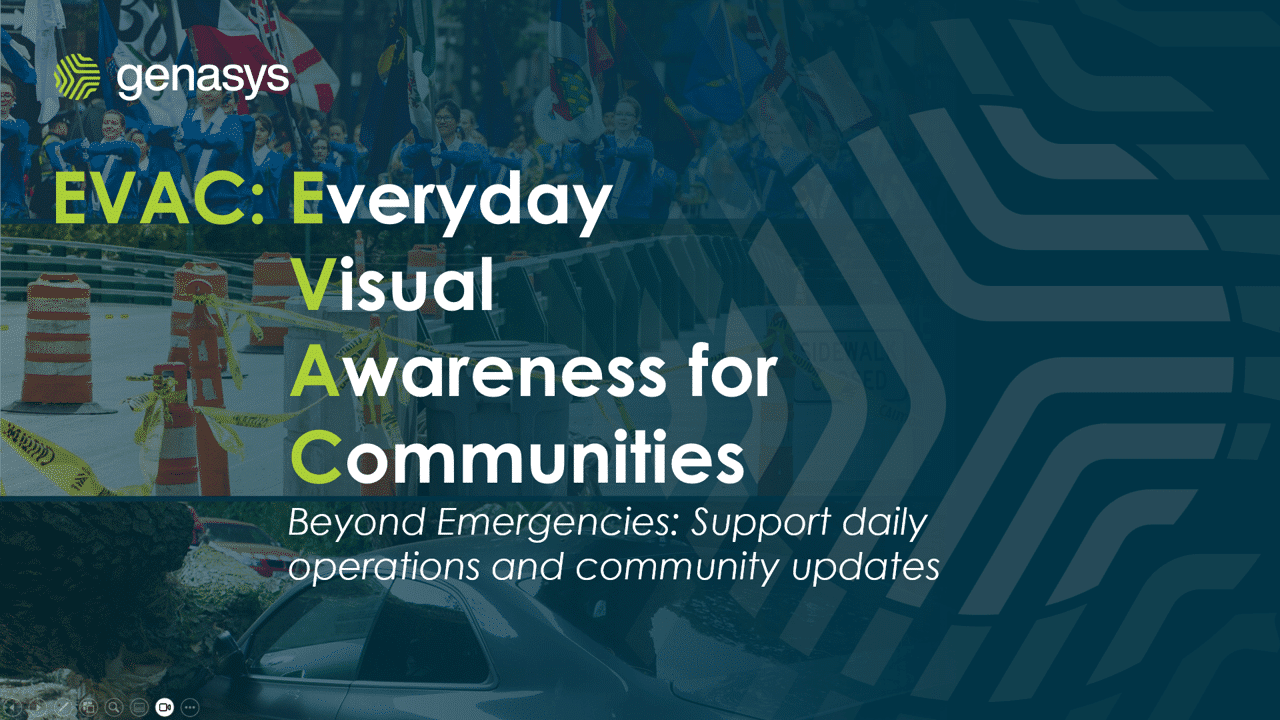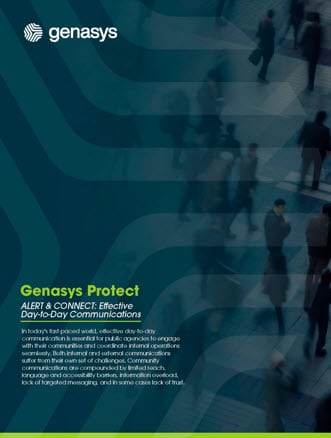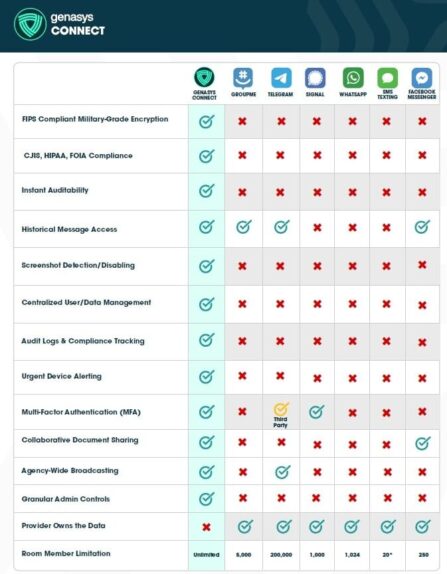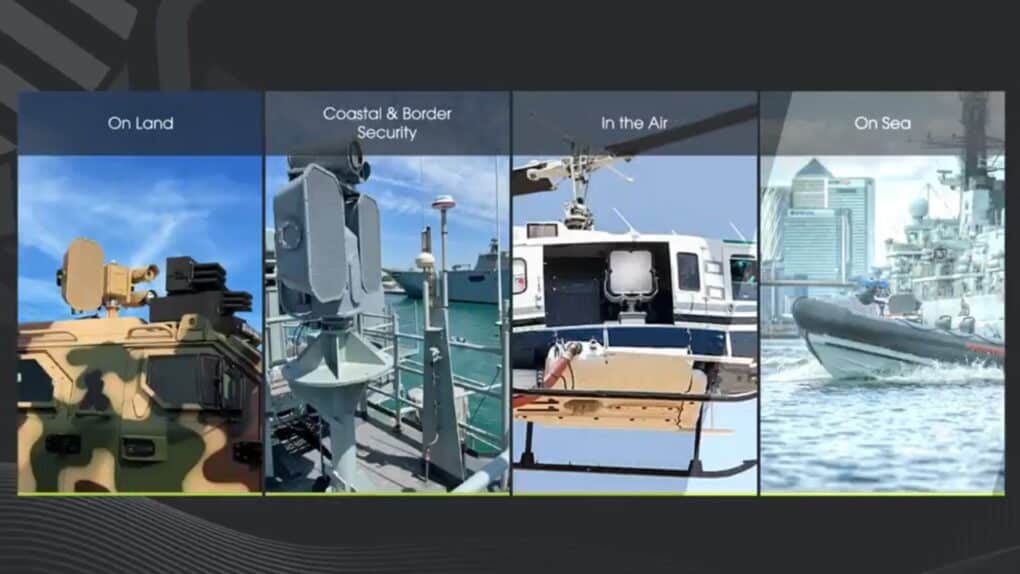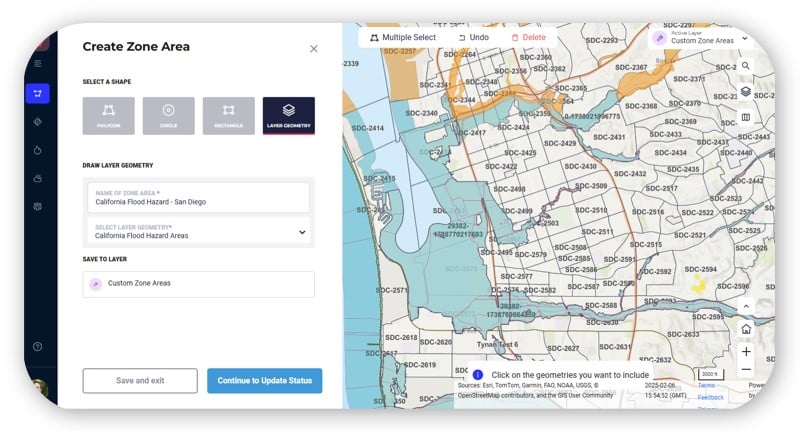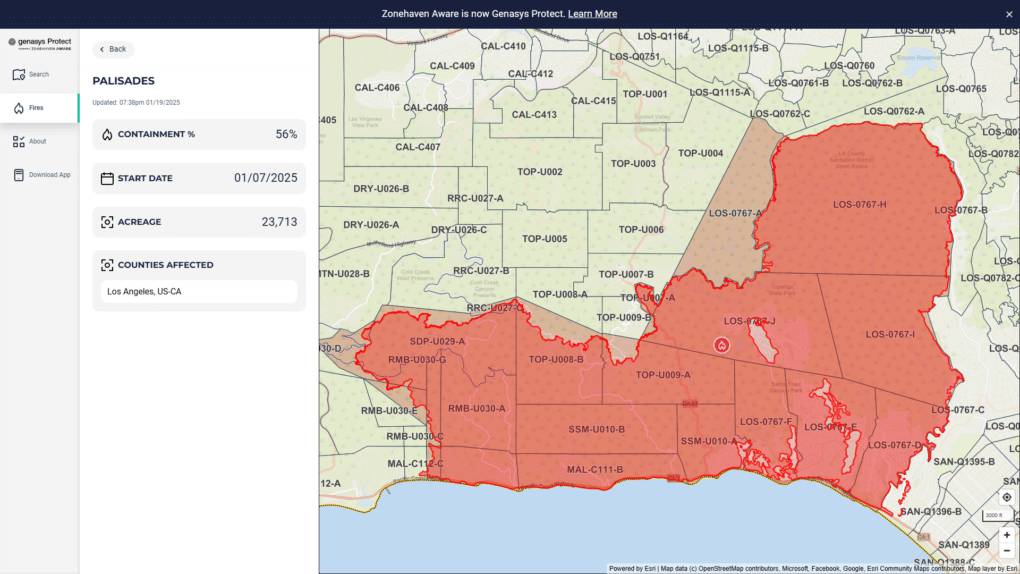In an era where both foreign and domestic terrorism pose significant threats, the capacity of first responders to communicate effectively during incidents of violent extremism is more crucial than ever. The complexities of policing in the face of terrorism require the indispensable role of sophisticated emergency communication systems in managing these crises.
Foreign and Domestic Terrorism’s Impact on Law Enforcement
The challenges faced by law enforcement agencies in dealing with terrorism are immense. Both foreign and domestic terrorists use sophisticated methods to foment violence that often precedes civil unrest or disturbances as people scramble for safety. For law enforcement professionals, distinguishing between these threats and understanding their origins is vital for effective response and prevention strategies.
Effective communication plays a pivotal role in ensuring that information flows instantly between intelligence agencies and local law enforcement.
In the context of terrorism and counterterrorism, the ability to relay information quickly and efficiently can often mean the difference between a contained incident and a full-blown crisis. Tools like advanced encryption and real-time data-sharing systems are no longer optional but necessary to keep one step ahead of these threats.
The Effects of Violent Extremism on Public Perception and Safety
Violent extremism has far-reaching effects on the general public, often instilling fear and disrupting the social fabric of communities. The aftermath of such events typically sees heightened public scrutiny of the effectiveness of the response and the measures put in place to prevent future incidents.
Here, the narrative communicated to the public is as critical as the tactical response. Law enforcement must manage the delicate balance between maintaining public trust while implementing stringent security measures.
Transparent and frequent communication using platforms that reach a broad audience can help in mitigating the sense of panic and misinformation that often follows incidents of violent extremism.
Addressing Civil Unrest Arising from Terrorism with Advanced Technology
In situations of civil unrest following acts of terrorism, Long Range Acoustic Devices (LRADs) have emerged as a pivotal technology for law enforcement. These devices are not only used for crowd control but also for clearly communicating instructions and warnings to large crowds.
The use of LRAD systems highlights the shift towards non-lethal responses to civil unrest, aiming to ensure public safety without escalating conflict. This approach not only helps in dispersing crowds safely but also in ensuring that the fundamental civil liberties of the public are not infringed upon during crises.
Expanding the Use of Evacuation Software Tools in the Face of a Terrorist Attack
Evacuation management software, such as Genasys EVAC, plays a crucial role in enhancing the efficiency and effectiveness of law enforcement communications with the public during a terrorist attack.
Sophisticated evacuation management tools are designed to streamline the dissemination of critical information and evacuation instructions, ensuring that civilians are promptly and safely guided away from threats. By integrating real-time data and predictive analytics, authorities can manage crowd movements intelligently and reduce the risks of congestion and further potential casualties.
Additionally, following a multi-channel communication strategy allows law enforcement to send alerts via mobile phones, social media, and outdoor public warning systems, thus ensuring comprehensive coverage and accessibility. This integration of advanced technology significantly aids in maintaining public safety and order during high-stress scenarios, proving indispensable for emergency responders in their mission to protect lives.
Messaging Technology and Communication Strategies
Beyond traditional communication tools, law enforcement agencies are now incorporating various forms of advanced messaging technology, like Genasys CONNECT, to enhance their operational capabilities. From encrypted messaging apps that secure sensitive information to social media platforms for timely public updates, the spectrum of tools available is broadening.
The integration of these technologies into daily operations allows for a more agile response during emergencies. Training and preparedness activities often include simulations that use these technologies, ensuring that when the time comes, every team member is proficient in their use. The goal is to create a cohesive strategy that not only addresses the immediate needs of crisis management but also the broader implications for community relations and public trust.
Contact Genasys to learn more about protective communications—from LRADs to dedicated messaging capabilities—that keep your team and community safer in the event of violent extremism.



